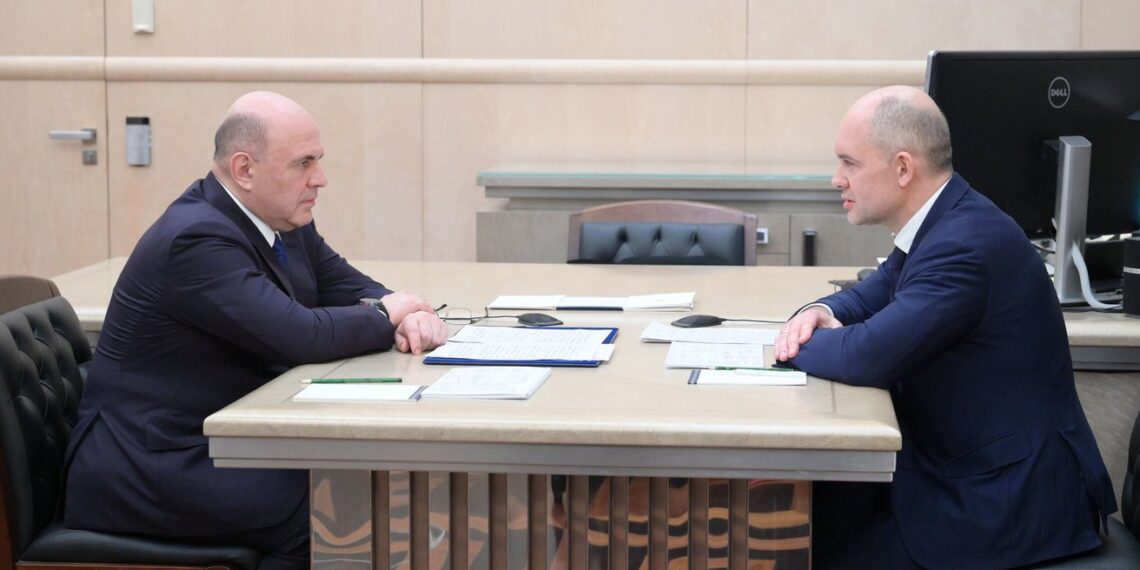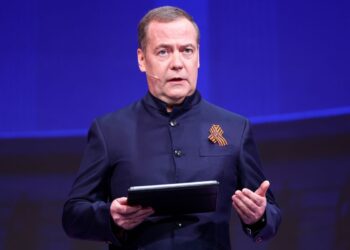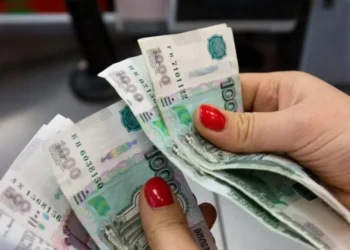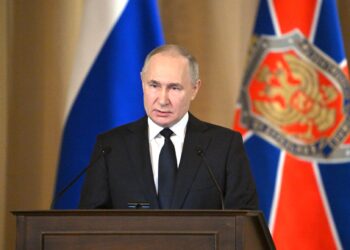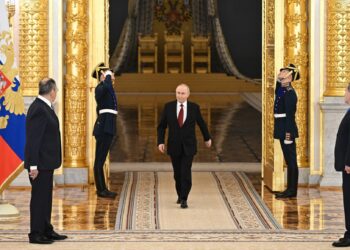MOSCOW (Realist English). Russian Prime Minister Mikhail Mishustin held a working meeting with Andrey Kanunnikov, chairman of the strategic committee of the KEAZ Group’s management company, to discuss the development trajectory of the Kursk Electrotechnical Plant — a key player in Russia’s drive for technological sovereignty.
The agenda included the establishment of new testing facilities, progress on Russia’s import substitution program, and the strengthening of local production — which has now reached 96% localization. The plant is also actively engaged in industrial competence centers and the federal Professionalitet education initiative.
Kanunnikov reported that over the past three years, KEAZ’s workforce has grown by more than 50%, reaching 2,650 employees, while production space expanded by 90,000 square meters. He emphasized that the plant not only manufactures components but also produces its own raw materials, including composite materials and specialty chemicals.
Operations are closely coordinated with the Ministry of Industry and Trade and more than 1,000 Russian partners. The company has implemented proprietary MES and ERP systems, integrated AI elements, and launched six R&D centers across the country.
KEAZ also maintains strong partnerships with top technical universities — including MEI, MEPhI, LETI, and Southwest State University. Its facilities house on-site labs, a tech park, and an industrial tourism program that welcomes up to 3,000 visitors annually. A key focus is the training of engineering personnel, in cooperation with initiatives led by the Ministry of Education and the Ministry of Industry and Trade.
Prime Minister Mishustin praised the plant’s contribution to national industrial self-reliance:
“It is essential to continue implementing large-scale investment projects and strengthen collaboration with the scientific and educational communities.”
The Kursk Electrotechnical Plant exemplifies deep-rooted technological independence and alignment with national strategic goals. The success of the emerging industrial cluster — supported by the Skolkovo Foundation — will serve as a litmus test for Russia’s ability to coordinate between industry, academia, and government on the path to sovereignty.


